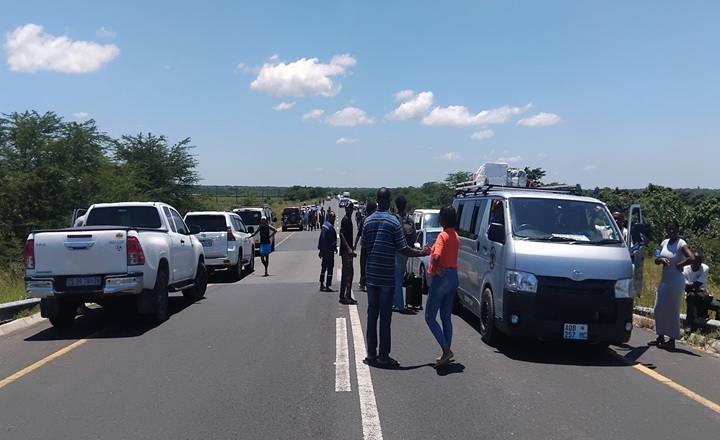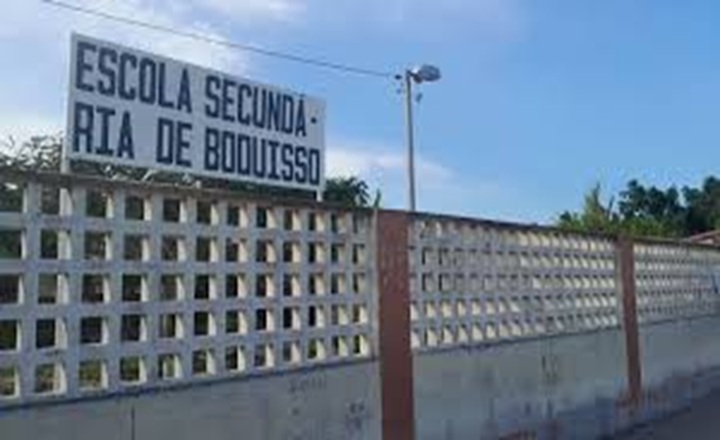
Decentralized governance represents a setback for the province's development

On Wednesday morning, the CIP was once again in full exercise of citizenship at the Southern Sun Hotel to present the preliminary report on the experience of the first cycle of provincial decentralized governance between the years 2020-2024 in the provinces of Nampula, Sofala and Zambézia, which was made public by the Center for Public Integrity (CIP), concluding that the current model represents, to some extent, a setback for the development of the province.
Cited by the CIP, he considers that the provincial government, which is headed by the Governor of the Province who is currently elected by the people, who is also on an equal footing with the Secretary of State of the Province who heads the Provincial Service of State Representation, these two bodies have basically the same organs, that is, the services of state representation also have provincial services similar to those of the provincial government, which means that there is an overload of functions.
CIP Director Edson Cortês said during the event that decentralization is a topic that we all theoretically consider important when we talk about it, but its implementation implies the loss of some functions, skills, and money, and human beings don't like to lose control of things.
"We can't control everything. It's very difficult for someone in Maputo to feel sensitive about an issue happening in Pemba or elsewhere in the country. The country has already taken some steps toward decentralization, and after some time, the CIP conducted a study to evaluate the steps taken. This is one of the contributions this institution has made over its 20 years of existence," said the leader, adding that "the study is not the absolute truth; it can be refuted as it is not. We are not the opposition; we want to contribute to the development of this country," Cortês concluded.
The choice of these provinces was based on the fact that Nampula and Zambézia were the most populous and Sofala due to the alternation of power.
It should be noted that the final report will be presented after gathering opinions in the debate attended by academics, members of the Assembly of the Republic, members of the provincial assemblies and students.
Outras noticias

Society
19-year-old woman arrested for kidnapping newborns at Chókwe Rural Hospital
2026-01-08

Society
Tension in Salamanga: Conflict between the Community and Rangers of the Maputo Reserve
2026-01-08

policy
YELLOW CARD NO. 1 OF THE YEAR: BETWEEN PROMISES, POPULISM AND THE URGENCY OF NATIONAL PRIORITIES
2026-01-08

policy
YELLOW CARD FOR THE FIRST PRESIDENTIAL REPORT: NARRATIVE ARROGANCE, SYSTEMIC CONTINUITY, AND THE WASTE OF A FIRST YEAR OF HOPE
2025-12-25

Society
Intaka-Boquisso road floods after inauguration, leaving residents outraged
2025-12-25
Copyright Jornal Preto e Branco All rights reserved . 2025